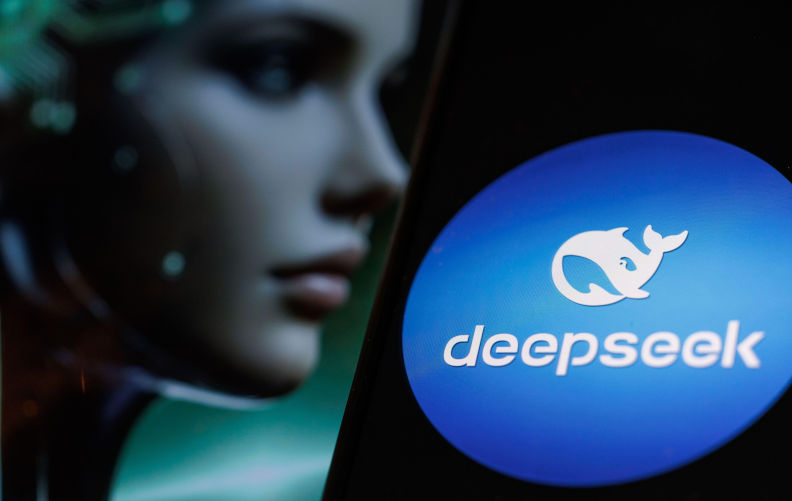The start-up has emerged as the unlikely winner of a dizzying domestic competition. Can it reshape the global market as well?
DeepSeek has not only boosted China’s confidence in its quest for leadership in the global artificial intelligence industry, but also rapidly transformed the domestic AI model landscape into a solar system, where the start-up becomes the sun around which a number of major planets revolve.
A year ago, China’s large language model sector was so fragmented and crowded that the number of players was nearly uncountable. Big Tech firms and new start-ups raced to unveil their answers to ChatGPT in a dizzying competition involving more than a hundred models.
DeepSeek, based in Hangzhou and owned by a low-profile hedge fund, has emerged as the unlikely winner. Shortly after the release of its low-cost open-source V3 and R1 models, DeepSeek has become the undisputed Chinese leader in fundamental AI model development. It has received endorsements from cloud service providers and chip developers, as well as government, corporate and individual users.
To some extent, DeepSeek faces no real competition, as it does not engage in traditional rivalry. It has made its products openly accessible to everyone. While many Chinese LLM developers benchmark their models against DeepSeek and claim superior capabilities, few consider themselves direct competitors.
In the DeepSeek era, China’s well-resourced tech giants have adapted by aligning their offerings with DeepSeek and developing their own models. Tencent Holdings recently unveiled its new AI reasoning model, Hunyuan T1, joining the ranks of Alibaba Group Holding’s QwQ, ByteDance’s Doubao and Baidu’s X1. Alibaba owns the South China Morning Post.
Meanwhile, many Chinese AI start-ups and their investors are rethinking their business models and even their core purposes in the wake of DeepSeek’s rise. Lee Kai-fu, founder and chief excutive of 01.AI, told the Post that his company was leveraging DeepSeek’s popularity to sell AI solutions to corporate clients rather than developing in-house pre-trained models, because it had become increasingly difficult to justify the expenditure on training proprietary models.
The first phase of the AI competition in China, which started two years ago as players scrambled to follow OpenAI, has ended. In retrospect, that competition for attention and revenue mirrored the trajectory seen in China’s smartphone and electric vehicle sectors, but the pace of consolidation and evolution was much faster.
Two decades ago, China’s smartphone market was home to hundreds of brands, many of which were knock-offs – known locally as shanzhai. It took about a decade of fierce competition for the market to reach a relative balance. Today, the sector has consolidated around six top players, with Apple as the sole foreign brand among them.
Similarly, at its peak in 2018 the EV market saw nearly 500 manufacturers. Now a consolidation is under way across the industry and many analysts predict less than 10 would survive.
The consolidation of China’s AI model market has global implications.
First of all, survivors of China’s domestic competition typically develop the foundation to become formidable global players. Like major Chinese smartphone and EV brands, the country’s open-source AI models are poised to capture international users.
For developers — such as those in Latin America, Africa and Europe — many might be eager to try user-friendly models from China. For businesses, if Chinese models could offer the same capabilities at a fraction of the cost of their US counterparts, adopting DeepSeek would also make perfect sense.
Furthermore, AI start-ups in China are increasingly seeking niche markets by providing solutions directly to end users, a trend that is set to accelerate AI adoption domestically.
It is easy to envision that many Chinese hardware products — from EVs and smartphones to humanoid robots — will incorporate AI capabilities trained with DeepSeek in the future. When China exports these smart products to overseas markets, its AI services are expected to follow suit.
Republished from South China Morning Post, 25 March 2025
Zhou Xin
Zhou Xin is Tech Editor of the Post, following stints as Political Economy Editor and Deputy China Editor. He has previously worked for Reuters and Bloomberg in Beijing.
